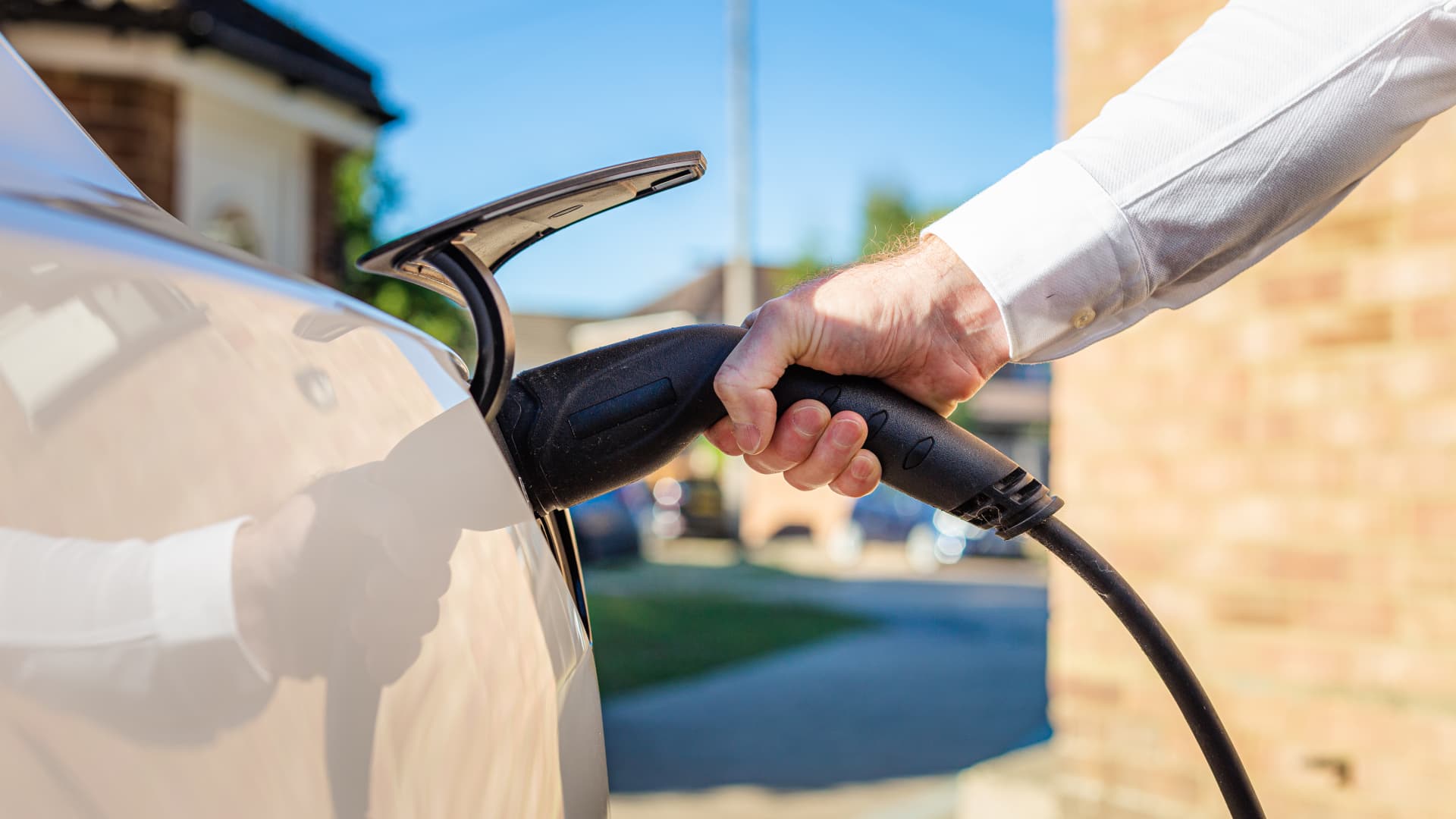Gold Supporter
Bronze Supporter
- Messages
- 12,913
- Reactions
- 47,150
Yup, Oregon. They want an all EV mandate by 2035 same as the PRK. You will hear more about it after the election.BUT, But, but........
Brandon said to buy an Electric Car. And then, Blue state by Blue state all along the west coast (wait, OR?) the legislatures started to jump on the band wagon.
Aloha, Mark


















